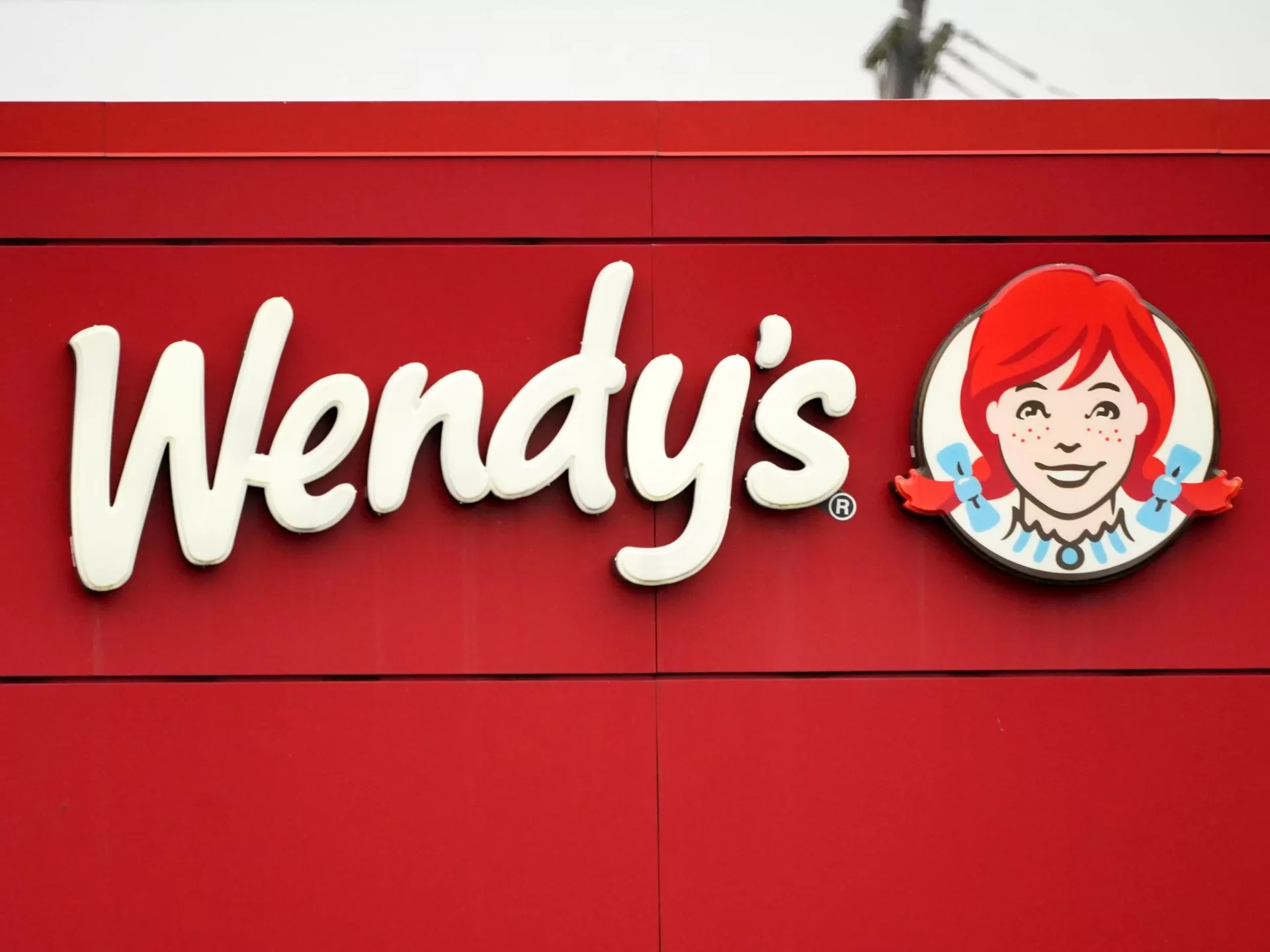Company to try raising and lowering prices throughout the day based on demand, prompting backlash.
During a conference call this month, Wendy’s CEO Kirk Tanner said the Dublin, Ohio-based burger chain will start testing dynamic pricing, also known as surge pricing, as early as next year.
“Beginning as early as 2025, we will begin testing more enhanced features like dynamic pricing and daypart offerings along with AI-enabled menu changes and suggestive selling,” he said.
“As we continue to show the benefit of this technology in our company-operated restaurants, franchisee interest in digital menu boards should increase, further supporting sales and profit growth across the system.”
Wendy’s plans to invest about $20m to launch digital menu boards at all of its US company-run restaurants by the end of 2025. It also plans to invest about $10m over the next two years to support digital menu enhancements globally.
Tanner, a longtime PepsiCo executive, became Wendy’s CEO this month. He succeeded Todd Penegor, who had served as Wendy’s president and CEO since 2016.
Last year, Penegor announced a restructuring intended to speed decision-making and invest more in new restaurant development, particularly overseas. The chain and its franchisees operate about 7,000 restaurants worldwide.
Shares of Wendy’s fell slightly in Tuesday morning trading as the move led to a backlash with the New York Post plastering the news across its front page, calling it “inflation’s next frontier”.
On the social media website X, previously known as Twitter, many users rounded on Wendy’s with some saying they would not be eating from the burger chain again.
“Surge pricing works for Uber because they’re about the only choice. You’re not. Rest assured I won’t be returning to your restaurant … if this is something you move forward with,” one user said.
“Bye, Wendy’s,” another said. “Predatory pricing isn’t an option for commodity fast food.”
